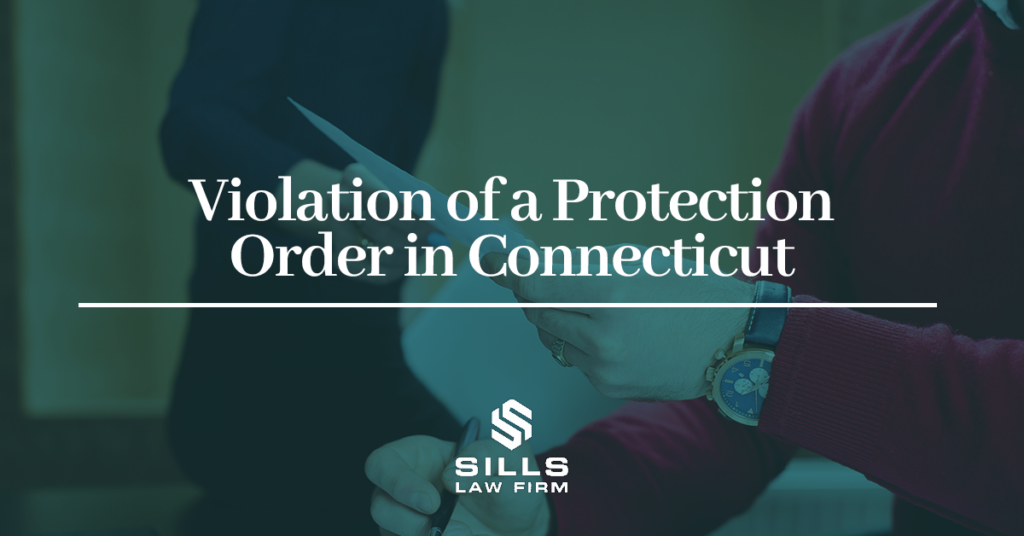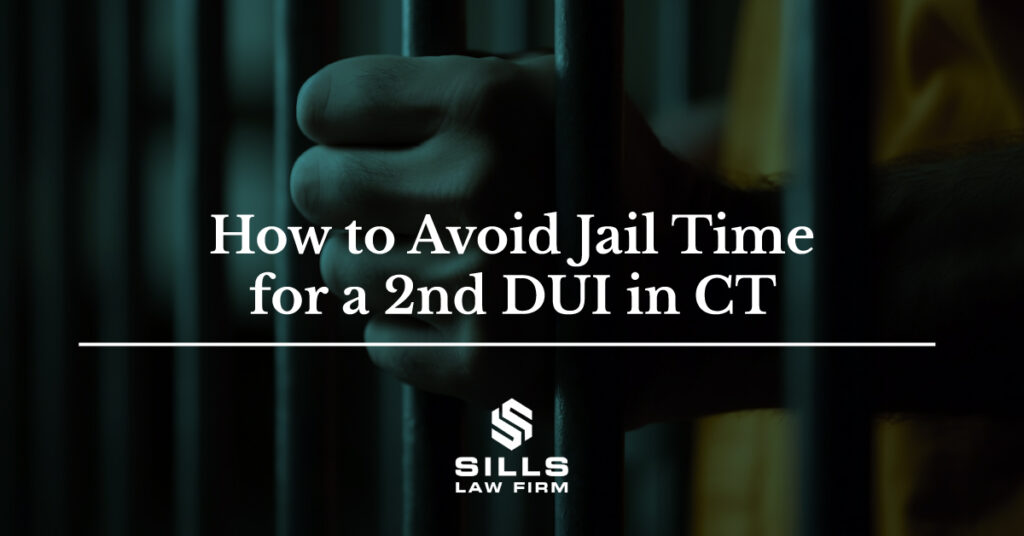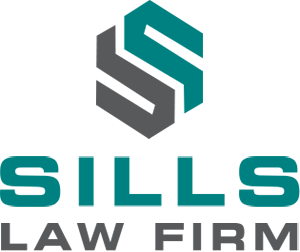Fourth Amendment Rights
The Fourth Amendment to the U.S. Constitution is intended to prevent illicit searches and seizures and stands out as one of the major rights an American is entitled to. In spite of the fact that this is a major right shared by all Americans, there are many special circumstances that allow for exceptions to the Fourth Amendment. This is why it is important to know when and why the police can search or seize your personal property.
According to the Fourth Amendment, Americans have the right to be secure in their persons, houses, papers, and effects, against unreasonable searches and seizures. A warrant made with probable cause and supported by an Oath or affirmation describing the place to be searched must be obtained by police to search or seize a person’s property.
Reasonable Search & Seizure
However, there are many “reasonable” situations where police can perform a search or seizure without a warrant. The definition of “reasonable” when it comes to search and seizure often depends on whether you had a right to expect privacy in the situation in question. The Fourth Amendment protections only apply when a person has a “legitimate expectation to privacy.” If you are in a situation where you don’t expect or anticipate privacy, then searching or seizing your property can be deemed reasonable and lawful.
THERE IS A TWO-PART TEST FOR ESTABLISHING IF YOU HAD A LEGITIMATE EXPECTATION TO PRIVACY:
- To what degree did you actually expect privacy?: You need to prove that you really did expect privacy in the situation, not that you “might” or “often” expect privacy in the situation in question.
- Was your expectation objectively reasonable?: This part of the test is intended to evaluate situations where a person says they expected reasonable privacy, but society as a whole would disagree with.
Do you think your property has been illegally search and seized? Contact our Connecticut team of search and seizures attorneysfor your free consultation.






